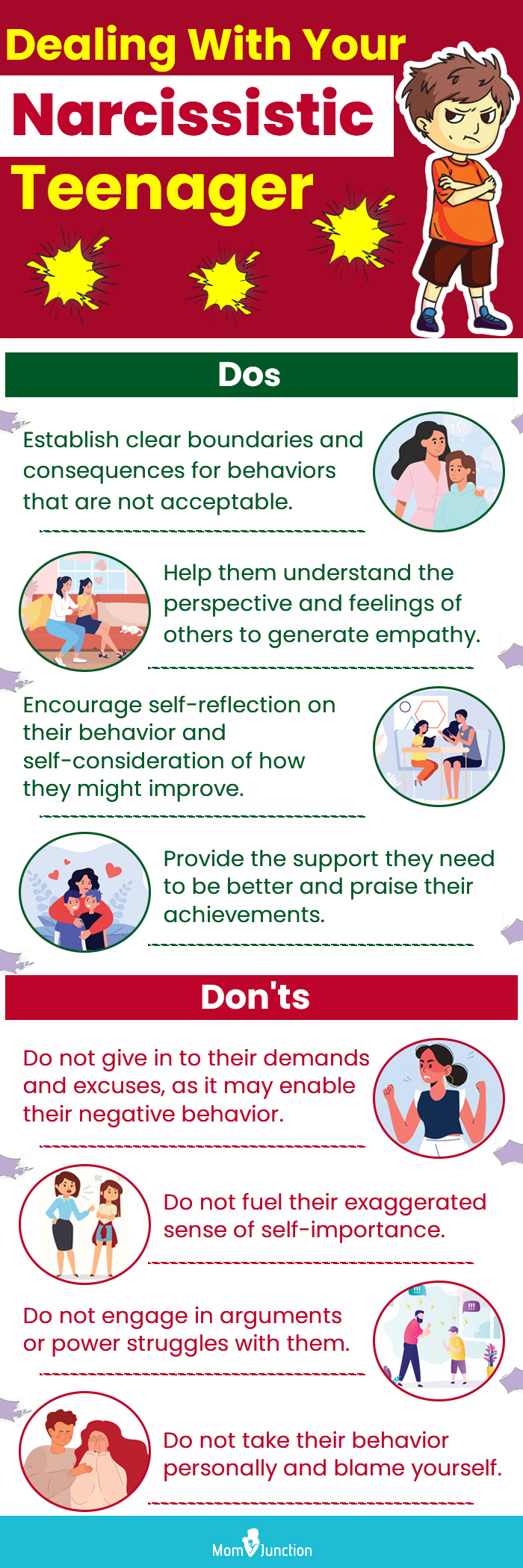Navigating a narcissistic relationship can be an overwhelming experience, leaving individuals grappling with gaslighting, devaluation, and a lack of empathy. But perhaps the most challenging aspect is coming to terms with the realization that narcissistic personality traits are incredibly resistant to change. Experts suggest that once an individual reaches the age of 25, their personality is often set in stone. However, understanding how someone becomes a narcissist and exploring ways to prevent it is crucial to promoting emotional well-being and empathy in children.
Psychologists assert that the foundation for narcissism is laid during childhood, with well-meaning parents sometimes inadvertently contributing to its development. Chelsey Cole, a psychotherapist and author specializing in narcissistic abuse, explains that narcissism tends to emerge in environments characterized by both overindulgence and under-indulgence. Overindulgence can involve excessive focus on external attributes such as status, money, appearance, or achievements, while under-indulgence may result in a lack of nurturing compassion and empathy.
Mental health experts identify three main pathways through which children can become narcissists:
- Overindulgence for Superficial Attributes: Valuing a child solely for their superficial attributes, talents, or looks can reinforce the idea that their external qualities determine their self-worth. This “you are more special than everyone else” mentality can lead to an inflated sense of self-importance.
- Under-Indulgence for Emotions: Under-indulgence in acknowledging and validating a child’s emotions can undermine their self-esteem, leading to deep-seated insecurity at the core of narcissistic tendencies.
- Experience of Trauma or Abuse: Children who undergo traumatic experiences, whether within the home or at school, may be at a higher risk of developing narcissistic personality traits as a coping mechanism.
It is essential to note that experiencing one of these challenges does not guarantee the development of narcissism. Many individuals who face such difficulties grow up to become empathic adults. However, experts suggest that a combination of these factors, particularly when coupled with a challenging temperament, can contribute to the emergence of narcissistic behavior.
Parents hold a critical role in shaping a child’s personality and emotional development. To prevent the cultivation of narcissistic traits, mental health experts offer valuable guidance:
- Model Empathy: Parents serve as role models, and displaying empathy in daily interactions is crucial. Children learn from their parents, so demonstrating empathy in coping with emotional difficulties becomes an essential lesson.
- Reward Empathy: Celebrate not only achievements but also acts of kindness and consideration towards others. Reinforcing empathy fosters the understanding that treating others with compassion is equally valued.
- Encourage Consideration for Others: Engage children in casual conversations about other people’s feelings and perspectives. Encouraging them to think about how their actions impact others cultivates empathy and self-awareness.
- Foster Authentic Interests: Support and celebrate a child’s authentic interests and talents. Acknowledging and nurturing their passions can contribute to a strong sense of self-worth.
- Be Open with Feelings: Demonstrate healthy emotional regulation by expressing feelings openly and in context. Children benefit from witnessing their parents navigate pain and disappointment in a constructive manner.
- Spend Quality Time: Allocate time in your busy schedule to spend quality moments with your child. Setting aside even brief periods of one-on-one time can foster emotional connection and a sense of belonging.
Ultimately, the most significant gift parents can impart to their children is empathy. Teaching children to be empathic adults, self-aware, and reflective of their impact on others can foster emotionally healthy individuals who contribute positively to society. As we prioritize empathy and emotional well-being in our children, we pave the way for a more compassionate and understanding future.


